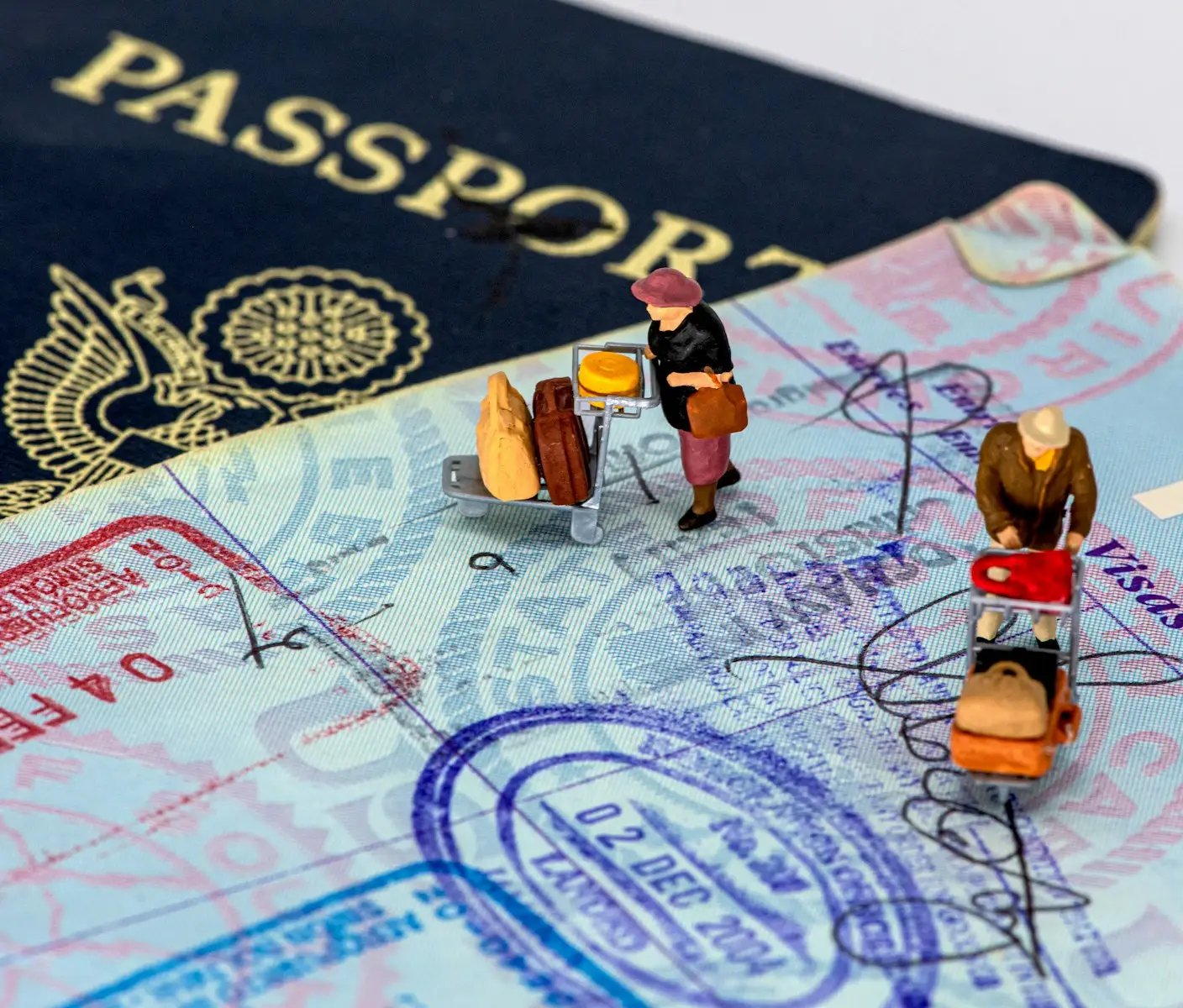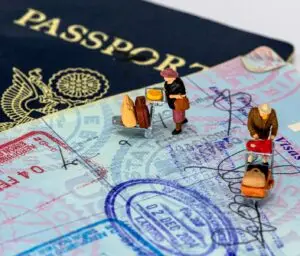The IELTS Speaking test can be nerve-wracking, especially when it comes to Part 2: the Cue Card. This part requires you to speak for 1-2 minutes on a given topic after one minute of preparation. However, with the right strategies and plenty of practice, you can handle this section with confidence.
In this blog, we’ll guide you through understanding cue card questions, offer tips for effective preparation, and share strategies to deliver clear and engaging responses that impress examiners.
This Blog Includes
ToggleUnderstanding Cue Card Questions
Cue card questions in IELTS Speaking Part 2 are designed to test your ability to organize your thoughts and speak fluently on a specific topic. Each cue card will provide:
- A main topic (e.g., “Describe a memorable trip you had”).
- Three or four bullet points to guide your answer (e.g., where you went, who you went with, what you did, and why it was memorable).
Your goal is to address these points while demonstrating your fluency, vocabulary, grammar, and pronunciation skills.

Common Cue Card Topics in IELTS Speaking
Cue card topics cover a wide range of everyday subjects. Here are some common themes:
- Personal experiences: A memorable event, a trip, or a celebration.
- People: Someone you admire, a close friend, or a helpful person.
- Places: A favorite restaurant, a holiday destination, or a place you often visit.
- Objects: A gift you received, a useful device, or something you can’t live without.
- Activities: A hobby, a skill you learned, or a sport you enjoy.
Being familiar with these topics can help you prepare examples in advance, making it easier to adapt during the test.

Top Tips for Preparing and Practicing
- Practice with Sample Questions: Use IELTS practice books or online resources to get familiar with cue card topics and practice answering them aloud.
- Time Yourself: Stick to the one-minute preparation and 1-2 minute speaking time limits to simulate test conditions.
- Use Mind Maps: Write down key points or draw a simple mind map during your one-minute preparation to organize your thoughts.
- Expand Your Vocabulary: Prepare topic-specific words and phrases to make your answers more descriptive.
- Record and Review: Record your responses to analyze your fluency, grammar, and pronunciation.

Structuring Your Answer: A Step-by-Step Guide
Follow this structure to deliver a well-organized response:
- Introduction
Start with a clear sentence introducing the topic:
“I’d like to talk about a trip I went on last year that was truly unforgettable.”
- Body
Address the bullet points in the cue card. Use transitions to link ideas, such as:
- “First of all…”
- “In addition…”
- “What made this trip special was…”
- Conclusion
End with a summary or your overall feeling about the topic:
“Overall, this trip was an amazing experience that I’ll cherish forever.”
- Add Personal Touches
Use personal anecdotes, emotions, and sensory details to make your story engaging and vivid.

How IStudentPlus Can Help You Succeed
At IStudentPlus, we specialize in IELTS preparation tailored to your individual needs. Our expert tutors provide personalized speaking practice sessions, feedback on your responses, and strategies to build your confidence.
With resources, mock tests, and one-on-one coaching, we’ll help you master the cue card section and achieve your target band score. Whether you’re aiming for Band 7 or above, IStudentPlus is here to support your journey to success.

FAQs
Q: How long should I speak for in IELTS Speaking Part 2?
A: You should aim to speak for 1-2 minutes. The examiner will stop you if you exceed the time limit.
Q: What if I run out of things to say?
A: Practice expanding on your ideas by adding details, personal opinions, or hypothetical situations. For example, you can mention how the experience influenced you or what you learned from it.
Q: Can I ask the examiner questions during the cue card section?
A: No, you cannot ask for clarification once the cue card has been given. Use the one-minute preparation time to plan your response carefully.








